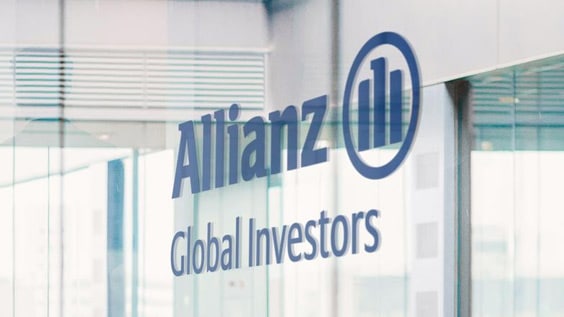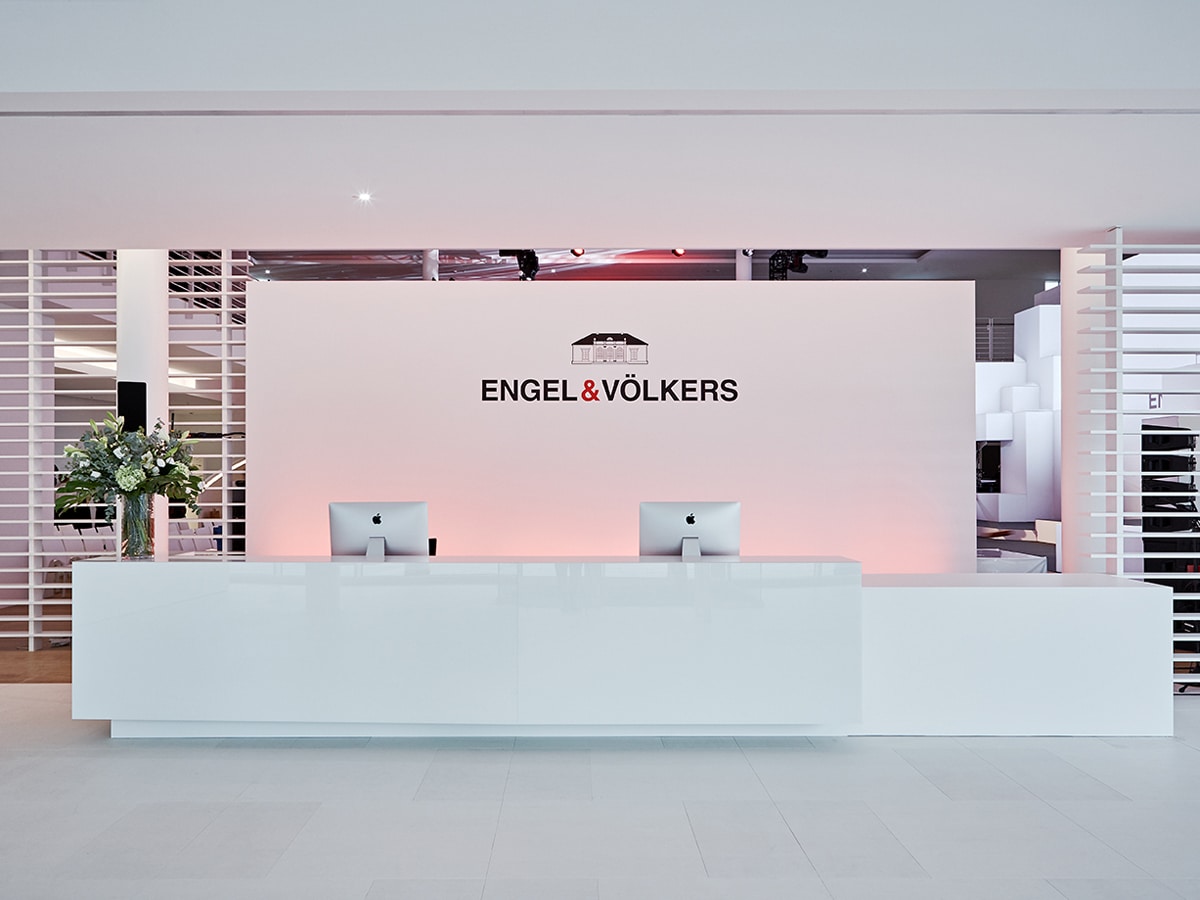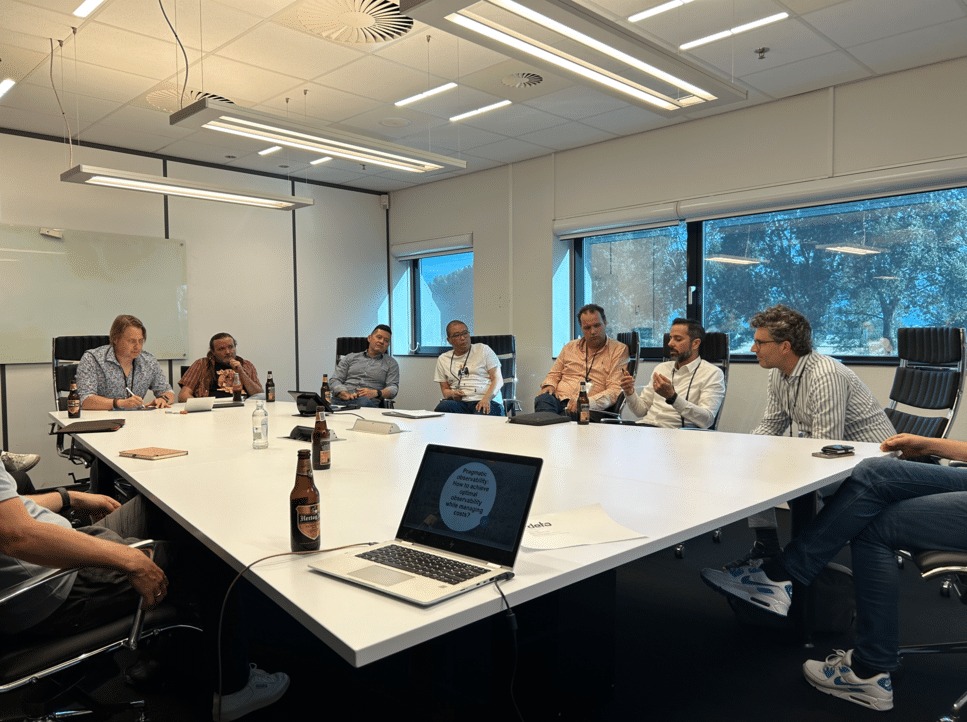We recently spoke with Emma Neary, Head of Talent Acquisition at Moneysupermarket Group as part of our #TalentQA series where we interview leaders in talent management and recruitment from a range of businesses from tech startups to well-known fashion brands.
Emma discusses some of the benefits and challenges of working in the talent acquisition space in today’s digital age, the changes she has seen to candidate behaviours, the strategies they use at Moneysupermarket to attract and engage talent and offers her advice to those navigating a career in talent acquisition.
Third Republic (TR): To kick off, could you give us some insight into your background and how you got to where you are today as Head of Talent Acquisition at Moneysupermarket Group?
Emma Neary (EN):My career began in agency recruitment. I spent a number of years working for big name and niche agencies recruiting across a range of different disciplines. I reached a point in my career where I wanted to experience working in-house so I could see the impact of the hires I was making and also to broaden my remit.
I was very fortunate to join Shop Direct for my first role in-house. I was brought in to set up their in-house recruitment function with the aim of building in-house capability to hire great talent. Reporting to the Talent Director, I spent almost 6 years building out their talent acquisition team and working with the wider HR team to develop the Talent Acquisition strategy for the business.
In August 2018 I moved to my current role as Head of Talent Acquisition at Moneysupermarket Group, part of the People Leadership Team, and reporting to the Chief People Officer.
TR: What does your role as Head of Talent at Moneysupermarket involve?
EN: Moneysupermarket Group is a business of 750 colleagues and 4 brands operating across 3 locations. I have a team of 5 and together we support the business with its talent attraction and selection needs.
I was brought in to lead the talent acquisition and employer brand strategy for the Group following a period of significant transformation. My first year at Moneysupermarket Group has been about building the right foundations upon which we can build. This has included introducing a CRM to help us connect more effectively with our candidates, understanding and developing our employer brand (watch this space at the start of 2020!) and building a better hiring experience for our candidates, managers and the TA team.
TR: Could you explain some of the benefits and challenges of working in the talent acquisition space in today’s digital age?
EN: Let’s start with the benefits; I’m showing my age now, but in my first role, we worked off spreadsheets and used a fax machine. Candidate attraction was reliant on putting adverts in the trade press and serious amounts of networking. Today we have the ability to identify candidates in minutes and reach out to them just as quickly. There’s tech that can rank candidate’s suitability for your organisation through the power of machine learning and candidates can now interview in their own time with the option of video interviewing.
But just as technology provides us with opportunities it can bring its own set of challenges. How do you provide a human experience that is not over-ridden by faceless technology? How can you effectively manage candidate expectations in the immediacy of today’s digital age? How can we make sure the tech and approach we use is accessible and inclusive for all?
It’s important to not follow the crowd. Really focus on understanding what your candidates and managers are looking for from a great hiring experience and then consider a more design thinking approach to creating the right experience. Don’t head straight for a tech solution. It could be a costly and misjudged investment.
TR: During your time in the industry have you noticed any changes to candidate behaviours?
EN: Definitely. Candidate expectations have without a doubt changed. Good candidates have a lot of choice and the rise in use of social media and sourcing technology e.g Entelo, means that recruiters have to work far harder to stand out and cut through the noise that candidates experience daily whether that’s in-mail, voicemails, calls, emails to their personal account, emails to their work account etc. All this results in candidates being less receptive to approaches by recruiters. They also know their worth in the market and will be much more selective with which companies / recruiters they engage with.
Candidates, quite rightly, want to be recognised as individuals and not just someone to fill a job. They expect a level of personalisation and that a recruiter has done their homework about them. Candidates requirements also go beyond salary and a range of motivators come in to play e.g. a company that offers flexible working or has a strong focus on CSR. Listening to candidates and being honest with them about where you can and cannot help is key. It’s your personal reputation and company brand on the line.
TR: How do you believe businesses can best react to these changes?
EN: Recognise that every candidate is unique. Put yourself in their shoes and create an experience that firstly treats candidates with respect and secondly is personalised where possible. What I mean by this is candidates are often approached by recruiters with a sense of urgency as they have job to fill.
We ask candidates to write a CV, send it quickly, make themselves available for interview at short notice and often with a significant amount of preparation required. They do all of this and then they’re left hanging in the great recruitment blackhole with no updates, no feedback and no clarity on what to expect. This is, of course, a generalisation but it happens far more often than it should. Get the basics right before trying to do anything else.
When it comes to personalisation, think about opportunities to provide this throughout the candidate lifecycle. This could be from a careers site that remembers who you are and serves up relevant content to an application process that extends beyond a CV, and an interview that plays to a candidates needs as much as the company’s.
Different things work for different candidates, so it’s important that we listen to this from both an agency and in-house perspective.
From agency side; it’s key to make the time to partner with the businesses that you’re working with. To really understand the business, understand the type of work your candidates could get involved with; what’s expected of them and what they can expect in return.
It’s also important to provide all recruiters with the tools and training to improve their skills and source the right talent. Start looking at quality of hire and repeat business as agency metrics and less on the number of calls being made to secure business.
TR: What sort of strategies do you adopt at Moneysupermarket in terms of attracting, engaging and securing talent?
EN: When I joined just over a year ago, I set about a TA audit looking at everything from:
• The type of hiring culture we have
• The state of our operational foundations e.g PSL, use of data, the tech we use
• The quality of TA leadership and clarity in the TA plan
• Our employer brand
• The need for talent pipelines and where
• Quality of our core approach i.e sourcing and assessment & selection
• Offer management and on-boarding
This helped me understand where we should focus to meet the hiring needs of the business. In response we have focused on upgrading our tech by introducing a CRM to complement our ATS and become more proactive in our hiring; understanding and developing our employer brand and improving our hiring experience for candidates and hiring managers.
An example of this is that simply by introducing a candidate feedback survey, we were able to identify what we were doing well and where we were disappointing people. We’ve learnt a lot and changed our approach and we’ve massively improved our original candidate NPS score.
Another area of focus is our employer brand. People simply don’t know what it’s like to work for us let alone the brands that make up our Group. We need to fix that. We’ve been working hard to understand what it’s like to work at MonesySupermarket Group right across the business.
We’ve also focused on understanding 5 key audiences across our business to help us provide the information that candidates want to know about. Being transparent about the culture in our offices and sharing the type of work that we do here is really important.
It’s key that we’re open about the positives of working here whilst also outlining what some of the difficulties might be. This will ensure that we’re hiring the right candidates that are ready for the challenge.
TR: What is the biggest change you have seen throughout your time in the industry?
EN: It’s probably the greater move to digital. The technology we use now can be overwhelming. There’s so much out there that all claim to make the lives of recruiters, candidates and clients better, but it’s essential to do your research and understand what is going to work for your organisation.
Understand the business you work for and what its goals are. Don’t just jump on the same technologies everyone else seems to be using, do what’s right for your industry and business.
That’s definitely the biggest change, as well as candidate behaviours and their expectations for recruiters and businesses now.
TR: Looking forward, do you think the rise in digital and technology will continue to influence and alter the industry?
EN: Absolutely, the rate of change is astounding! There are technologies available now that we never would have believed possible 10 years ago. The question is, however, will that be for the better?
All these new technologies could definitely enable recruiters to be more effective. However, it’s important to remember that we are a people industry and tech should be an enabler but not something we should be designing our ways of working round.
I’m excited to see what the future may hold. There’s some really interesting tech out there such as HireVue’s AI enabled tool that predicts quality of hire. But how confident are we in the algorithm? Remember Amazon had to abandon their AI recruiting tool as it was discriminatory towards women.
TR: Finally, what advice would you offer to talent professionals in order to keep up to date with the ever-evolving world of recruitment?
EN: The main thing is to get out there speak to people and be curious. In the past I have made the mistake of being ‘too busy’ getting on with the day job. This meant that I missed out on so much learning.
Being active in networking groups and chatting with your peers truly enhances your understanding of your career as a recruiter. Saying that, this doesn’t mean that you need to go to everything – be selective with your time and where you chose to go.
If you’d like to take part in our #TalentQA series or you’re looking to source technical talent, get in touch today!




